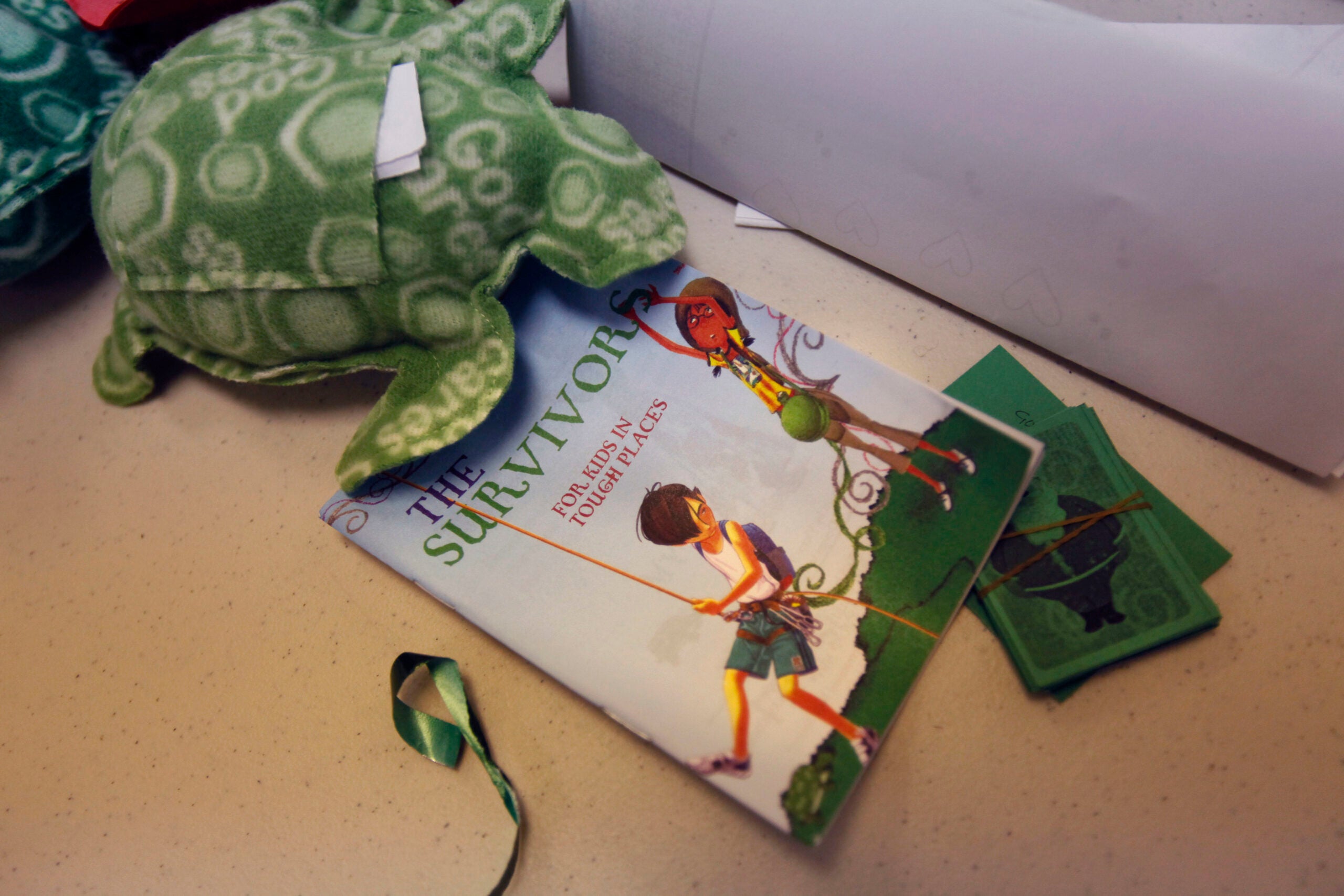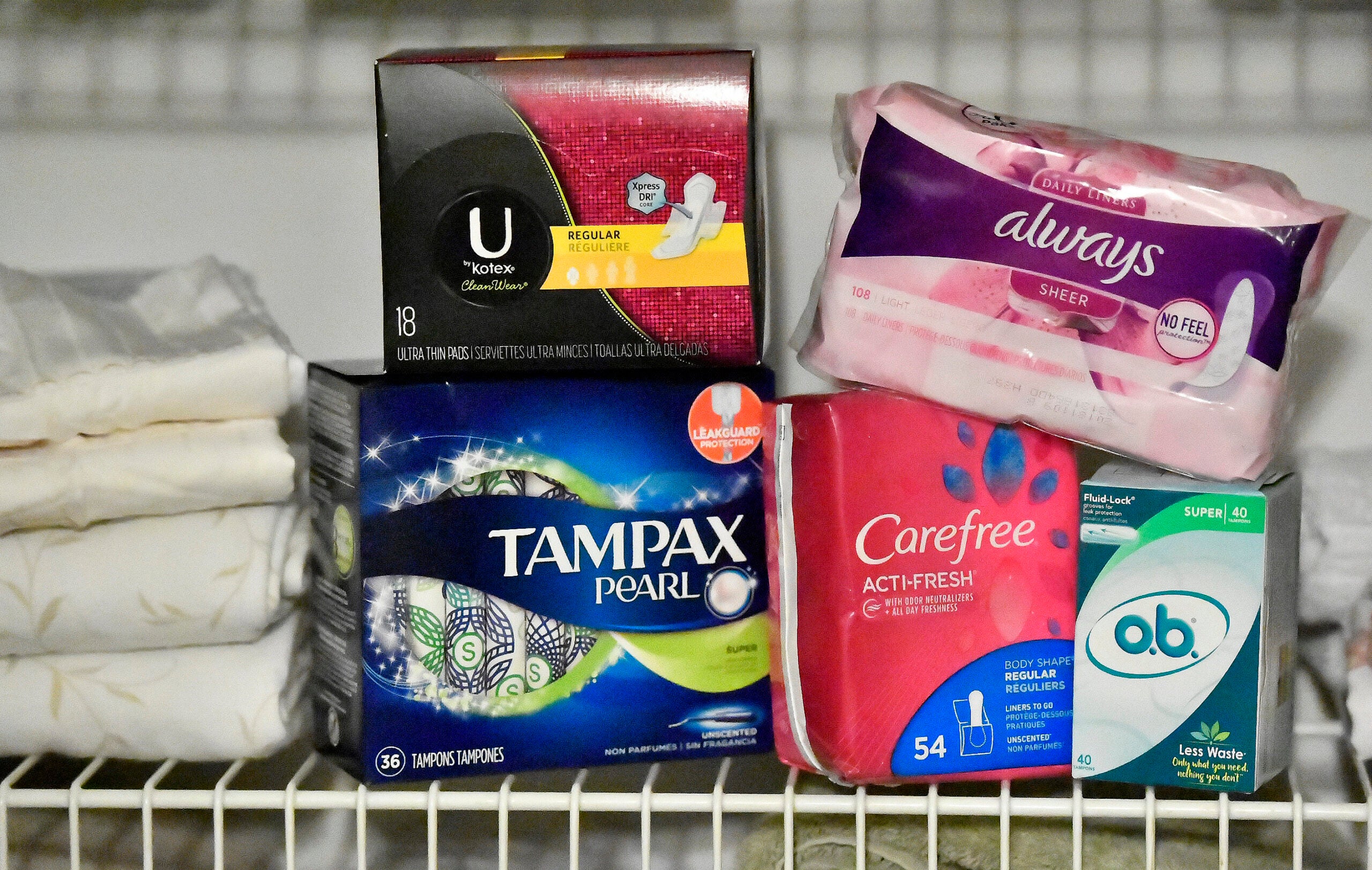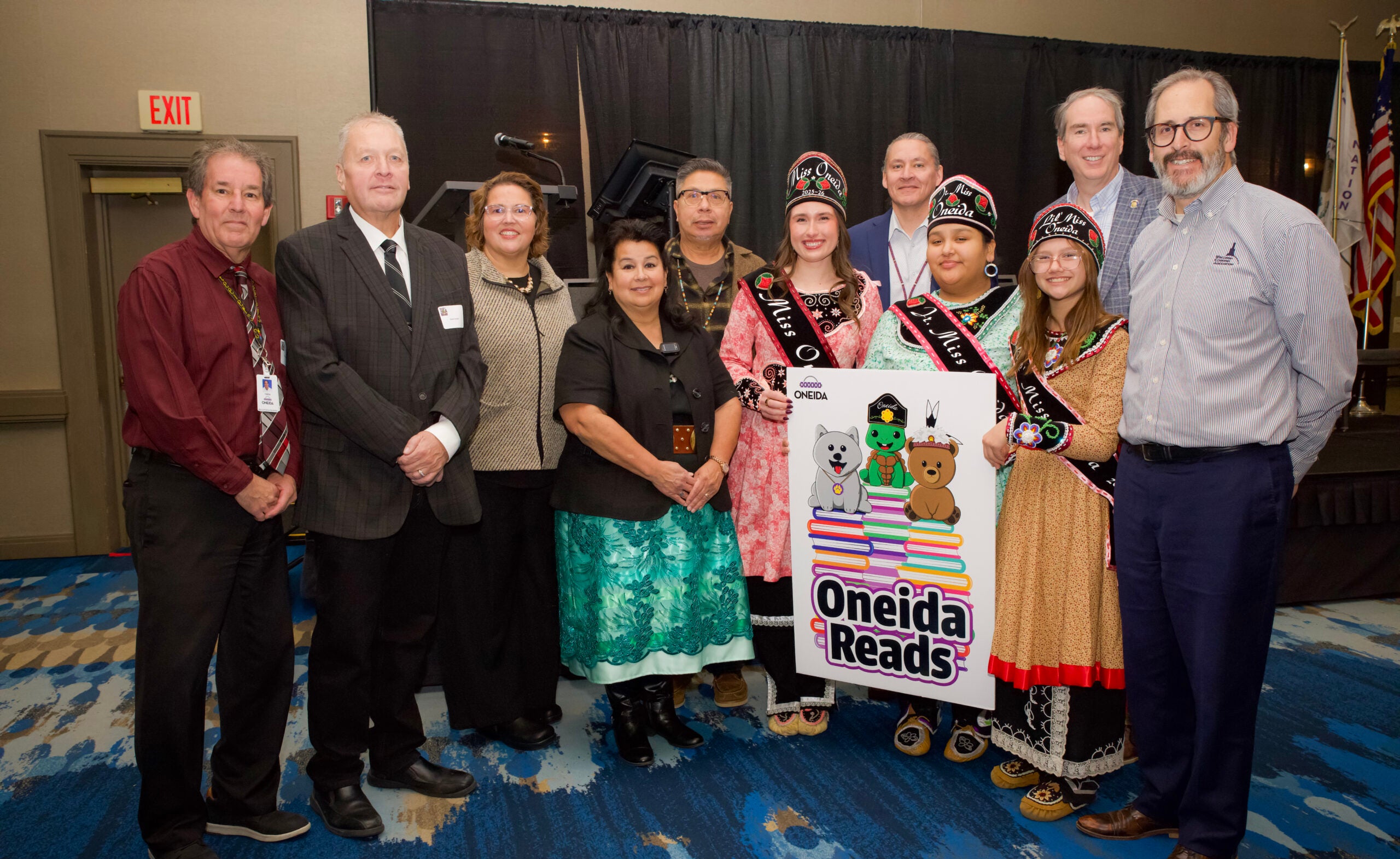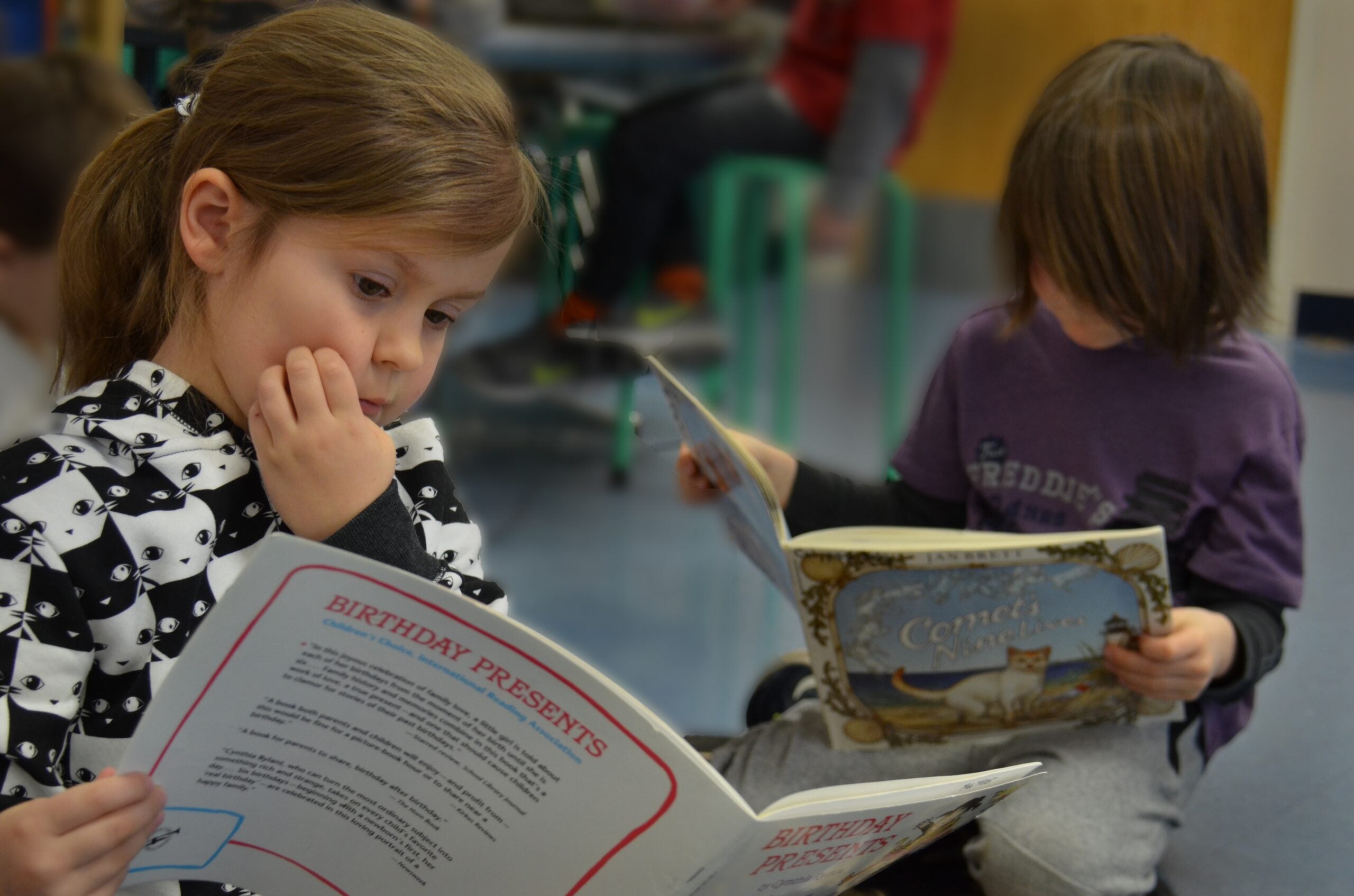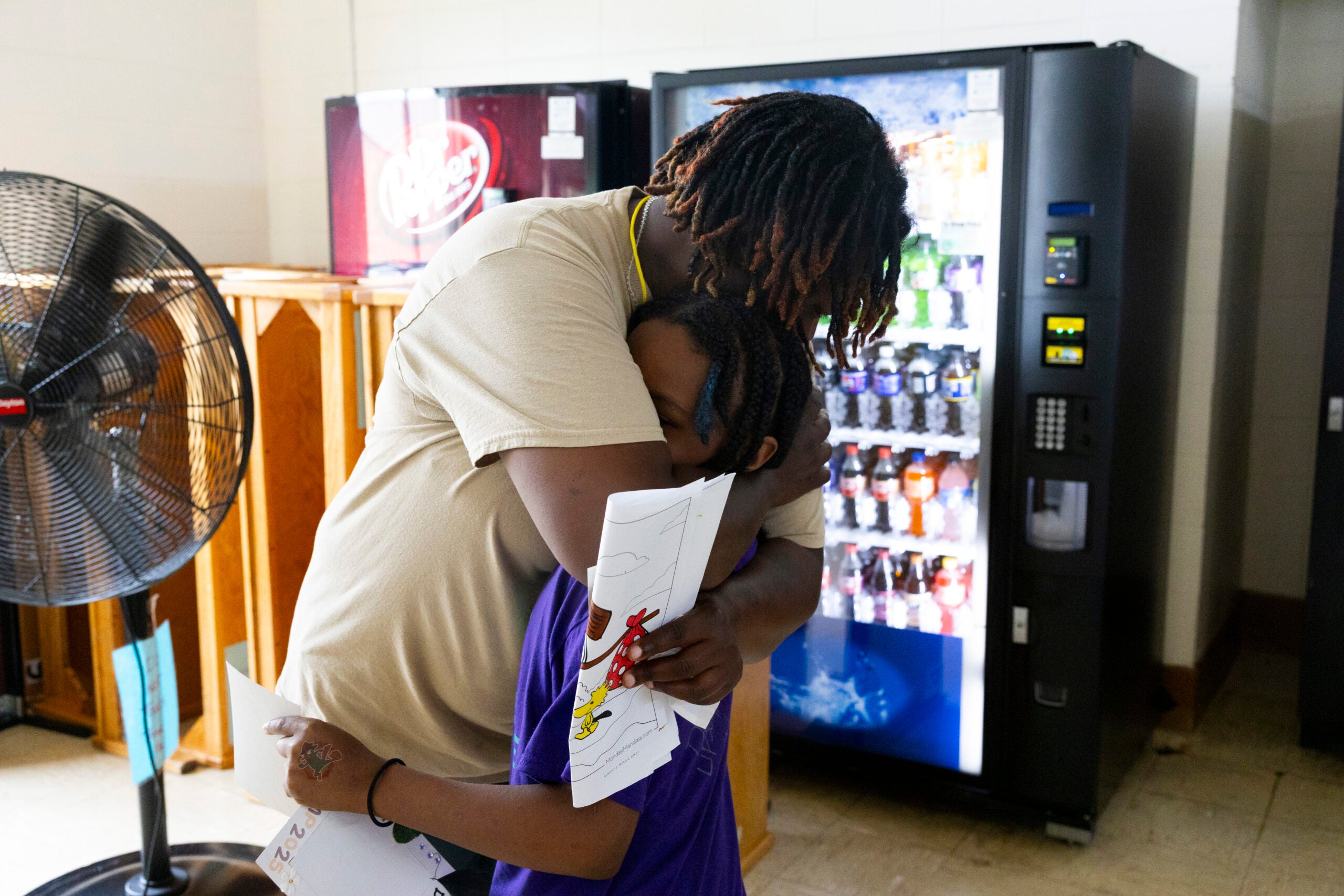The Brown County Jail is the newest of 12 Wisconsin counties to launch a reading program that connects parents who are incarcerated with their kids.
The “Making Reading Memories” project is a partnership between counties and Literacy Link — a University of Wisconsin-Madison, Division of Extension, program. Literacy Link works with jails, libraries and family-serving agencies to offer literacy opportunities to kids who have a parent or caregiver involved in correctional systems.
Through Making Reading Memories, interested parents in incarceration take a class explaining the program and the significance of reading to kids. Individuals are eligible to participate as long as they are legally able to be in contact with their children.
News with a little more humanity
WPR’s “Wisconsin Today” newsletter keeps you connected to the state you love without feeling overwhelmed. No paywall. No agenda. No corporate filter.
Then, parents choose an age-appropriate book from the selection available to them and record their reading of the story. Once their recording is viewed and approved by jail administration, the recording and a copy of the book are sent to their child, as long as the child’s caregiver permits the child to view the video.
Eight parents at the Brown County Jail have participated in the program so far this summer, and about 80 total have expressed interest in joining.
Capt. Heidi Michel helped facilitate the program at the jail and said it feels good to see parents excited about the program and how it’s benefiting their kids.
“Yes, you can have the video visitations, but this, I think, is a little bit more personable,” Michel said. “It’s something that those kids will have.”
Michel said the program helps maintain the family bonds that are “taken away” when a parent is incarcerated.
Liz Lexau is the statewide coordinator for Literacy Link. She said the project helps lessen the trauma kids experience when a parent is incarcerated.
“The trauma of separation without additional support — it can contribute to behavioral health issues and interfere with educational achievement,” Lexau said. “We know that these stable relationships help buffer kids against the damaging impacts of too much stress.”
Lexau said one out of 14 children in the United States have had a parent incarcerated at a point in their lives. Programs like Making Reading Memories have a beneficial impact on this huge population, she said.
Literacy Link recently got feedback from caregivers whose children received books and recordings through the program. One caregiver said her son watched the recording of his parent reading a story over and over again.
“He actually watched it four times in a row the first time,” the caregiver said in their comment. “He was able to memorize most of the book by the last time he watched it. He holds the book close to him, as a comfort even now that (their parent) are no longer in jail.”
Lexau said Literacy Link has distributed over 5,000 books to Wisconsin children whose parents have been involved in the legal system, as well as agencies and jails where these children visit. A Wisconsin Idea Collaboration Grant pays for the books and the fees to mail them to kids.
The program not only has a positive impact on children, Lexau said, but also the parents who participate. She said on average, these parents are more confident in reading aloud to kids and have more of an understanding about the importance of reading and maintaining bonds with children.
The Wisconsin Idea Collaboration Grant also includes a partnership with UW-Madison researchers, Lexau said, so they can further study the effects of Making Reading Memories.
Lexau said that research will also help develop a plan to replicate this reading program in more Wisconsin counties.
“That combination of strengthening family relationships and building those important literary skills — that is what’s kept me involved in this work,” she said.
Wisconsin Public Radio, © Copyright 2026, Board of Regents of the University of Wisconsin System and Wisconsin Educational Communications Board.

